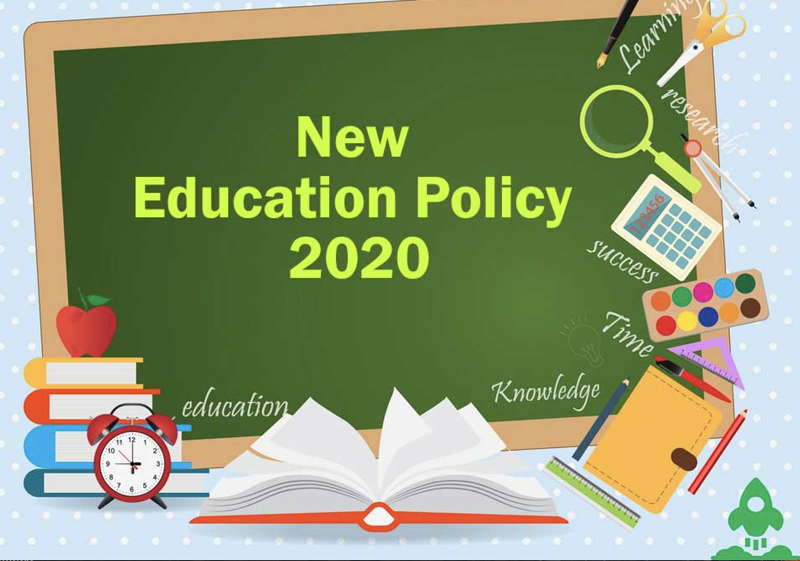The observations by the Vice President on the National Education Policy (NEP) emphasise its transformative potential as a “game-changer” for India. His appeal to states that have yet to adopt the NEP to reconsider their stance comes at a crucial juncture. The NEP, introduced in 2020, aims to overhaul India’s education system by fostering creativity, critical thinking, and inclusivity while emphasising holistic development. However, some states remain reluctant to implement it, citing concerns over-centralisation and language preferences. The Vice President’s call is timely and urgent. India is at a critical juncture where the education system must synchronise with the nation’s swift technological and socio-economic advancements. The NEP promises to bridge this gap by offering flexibility in learning paths, integrating vocational training, and prioritising the use of regional languages for instruction. This emphasis on mother tongues also enhances learning. Research has consistently shown that children learn best in their native languages during formative years, reinforcing the NEP’s provisions to introduce education in mother tongues up to a certain grade level. States that have yet to adopt the NEP must reconsider their reservations. Education is a shared responsibility between the Centre and the states, and while regional concerns are important, the broader benefits of a unified and progressive policy cannot be ignored. By embracing the NEP, states would not only advance their educational frameworks but also invest in their future workforce. Additionally, emphasis should be on literacy drives. Each citizen has to contribute to the goal of 100 percent literacy, signifying the societal role in uplifting communities. Literacy is not just a fundamental right but a gateway to empowerment. Politics has no place in educational matters. A uniform education policy is essential for fostering learning and development. Obtaining irrelevant degrees with minimal employability serves no purpose. The NEP addresses these concerns comprehensively, making it imperative for all States and Union Territories to implement it. Through education, India can reclaim its status as a global centre of learning, much like its ancient institutions of Nalanda and Takshashila.
Subscribe
Login
0 Comments




